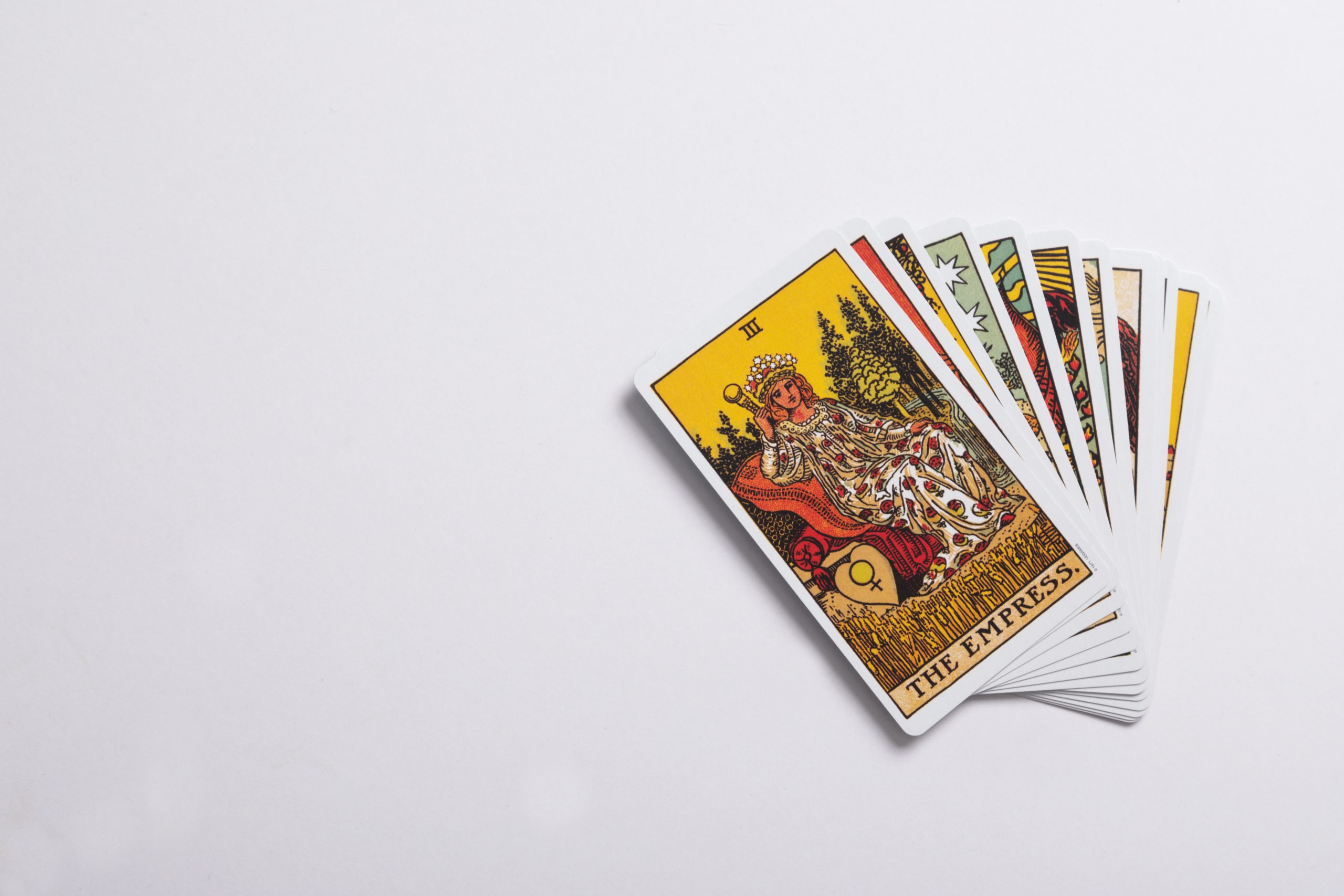Vedic Astrology Questions: Unveiling the Mysteries
Vedic astrology, also known as Jyotish, is an ancient Indian system of astrology that has been practiced for thousands of years. It is deeply rooted in the Vedic scriptures and is believed to provide insights into a person’s past, present, and future.
If you’re curious about Vedic astrology or looking for answers to some common questions, you’ve come to the right place. In this blog post, we’ll delve into the fascinating world of Vedic astrology and shed light on some of the most frequently asked questions.
1. What is the origin of Vedic astrology?
Vedic astrology finds its roots in the ancient Indian scriptures known as the Vedas. These sacred texts, composed in Sanskrit, contain a wealth of knowledge about various aspects of life, including astrology. The Rigveda, one of the oldest Vedic texts, is believed to have references to astrology and celestial movements.
Around 1500 BCE, the Vedic astrological system began to take shape as sages started observing the correlation between celestial events and human experiences. Over the centuries, this knowledge was passed down through generations and developed into the rich system of astrology we know today.
2. How is Vedic astrology different from Western astrology?
Vedic astrology and Western astrology have some fundamental differences in terms of techniques, calculations, and philosophy.
One of the key differences lies in the zodiac system used. While Western astrology follows the tropical zodiac based on the seasons, Vedic astrology follows the sidereal zodiac, which is based on the actual positions of the stars.
Another significant distinction is the approach to predictions. Vedic astrology places greater emphasis on the concept of karma and believes that our past actions influence our current life circumstances. It also utilizes various dasha (planetary period) systems to predict and analyze life events.
3. How does Vedic astrology calculate birth charts?
In Vedic astrology, a birth chart, also known as a horoscope or Janam Kundali, is created based on the date, time, and place of a person’s birth. It is a graphical representation of the positions of celestial bodies at the specific moment of birth.
To calculate a birth chart, several factors are taken into consideration:
- Planetary positions: The positions of all significant planets, including the Sun, Moon, and nine other celestial bodies, are plotted on the chart.
- Ascendant: The rising sign at the time of birth, which determines the first house of the chart.
- House divisions: The chart is divided into twelve houses, each representing different aspects of life.
- Aspects: The angular relationships between planets, houses, and signs are analyzed to gain insights into various life areas.
The birth chart serves as a blueprint of an individual’s life and provides valuable information about their personality, relationships, career, and more.
4. Can Vedic astrology predict the future?
One of the fascinating aspects of Vedic astrology is its ability to offer insights into the future. However, it’s important to note that astrology should not be seen as a deterministic tool that completely determines one’s destiny.
Vedic astrology believes that our actions, intentions, and free will play a vital role in shaping our lives. Astrological predictions serve as guidance and can help us make informed choices, navigate challenges, and optimize our potential.
It’s also worth mentioning that Vedic astrology places greater emphasis on long-term trends and patterns rather than precise events. The interpretation of planetary movements and dasha systems allows astrologers to make predictions about favorable and challenging periods in various life domains.
5. Can Vedic astrology help in understanding relationships?
Yes, Vedic astrology provides valuable insights into relationships. By analyzing the birth charts of two individuals, astrologers can determine the compatibility and potential challenges in a relationship.
The position of Venus, the significator of love and relationships, is particularly important in assessing romantic compatibility. The placement of other planets, such as the Moon and Mars, also sheds light on emotional needs, communication styles, and areas of harmony or conflict in a relationship.
It’s essential to remember that astrology is just one tool in understanding relationships. Healthy communication, trust, and mutual understanding are equally important in nurturing a successful partnership.
6. Is Vedic astrology scientifically proven?
Vedic astrology is not considered a science in the conventional sense. It is based on ancient philosophical and astrological principles that have been passed down through generations.
While astrology does not adhere to the scientific method of hypothesis testing and empirical evidence, it has fascinated people for centuries due to the correlations observed between celestial events and human experiences.
However, several scientific studies have explored the potential connections between celestial phenomena and various human traits, such as personality and health. Some researchers argue that astrology may have an influence on our behavior and well-being, but the scientific consensus remains skeptical about the predictive abilities of astrology.
Conclusion
Vedic astrology provides a unique and profound framework for understanding ourselves, our relationships, and the patterns of life. Through the creation of birth charts and the interpretation of celestial movements, Vedic astrology offers valuable insights and guidance.
While the questions explored in this blog post provide a glimpse into the world of Vedic astrology, there is much more to discover. If you’re intrigued by this ancient system, consider consulting a reputable astrologer who can provide personalized guidance based on your birth chart.
Remember, astrology should be approached with an open mind and viewed as a tool for self-reflection, growth, and understanding. Ultimately, we have the power to shape our destinies and create the lives we desire.
Table of Contents
